Muelle's Graffiti
Sometimes called the Banksy of Madrid, Muelle was a pioneer of street art in the Spanish city.
In the 1980s, during the so-called Movida Madrileña, a series of innovative countercultural movements from places like London or New York began to spread throughout Madrid and other places in Spain. This movement influenced the musical world through New Wave, but was also reflected in fashion, cinema, and art. In the outlying neighborhoods of Madrid, this movement came with the spontaneous emergence of doodles, graffiti, or signatures on the city’s walls and fences.
A style that created a school and due to the way of making the strokes in the form of arrows, they began to be called flecheros (from flecha, meaning “arrow”). The pioneer and best known of them all was Juan Carlos Argüello, from Madrid (1966-1995), alias “Muelle” (Spring), so named because he attached a huge motorcycle spring to his bicycle.
Originally from the neighborhood of Campamento, Muelle popularized a design in which the letters and rubric simulated the shape of a spring. Over the years, his style came to be more complex: different colors, three-dimensional effects, etc. The graffiti could be seen throughout the city, later moving to other areas of Spain and even abroad. In 1993 he left his popular graffiti parked because he considered that the message was already exhausted, dedicating himself exclusively to his music group. Argüello died in 1995, at only 29 years of age, as a result of liver cancer.
Very few of Muelle’s signatures remain today. Some can be seen in art galleries and others, which were once hidden, have been found and preserved. One of them, after being restored, can be seen at 30 Calle Montera in the very heart of Madrid.
Know Before You Go
The graffiti is near of Puerta del Sol (kilometer zero) in the very heart of Madrid.
Community Contributors
Added by
Edited by
Plan Your Trip
The Atlas Obscura Podcast is Back!










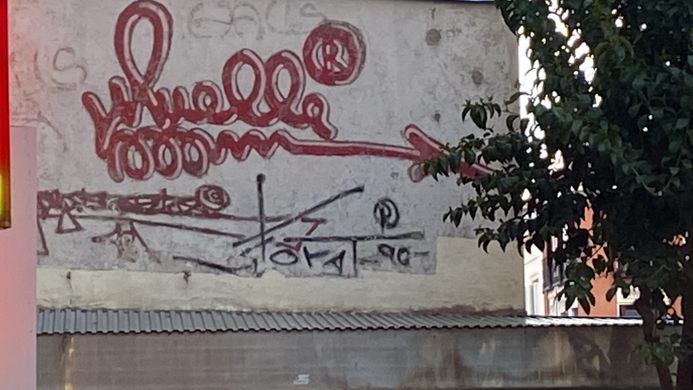
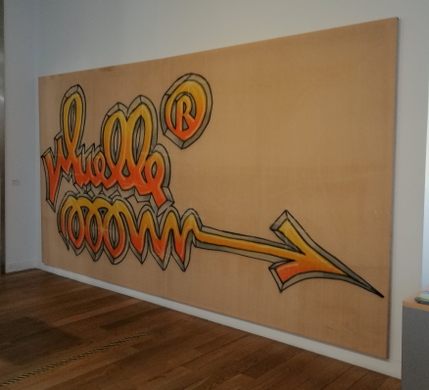








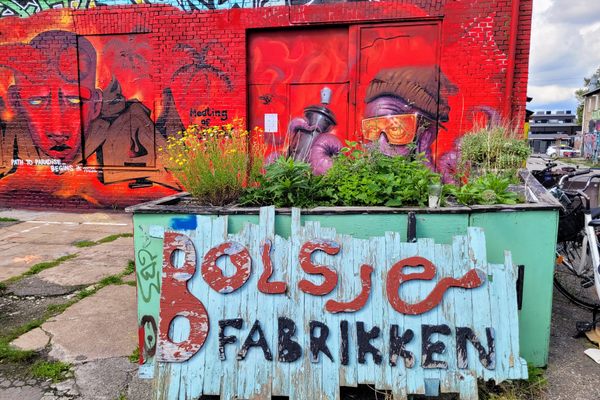
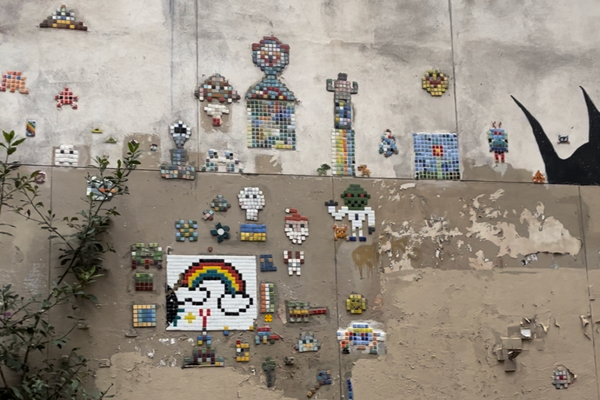
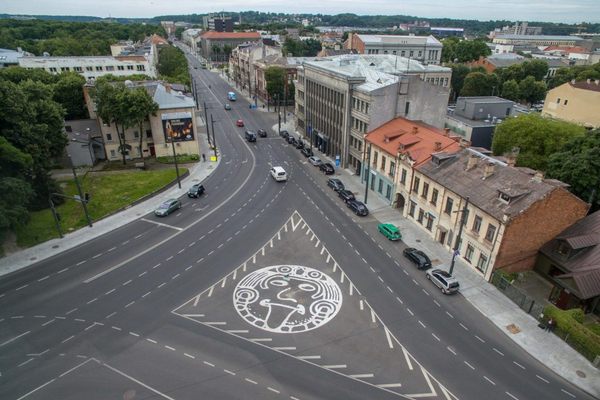
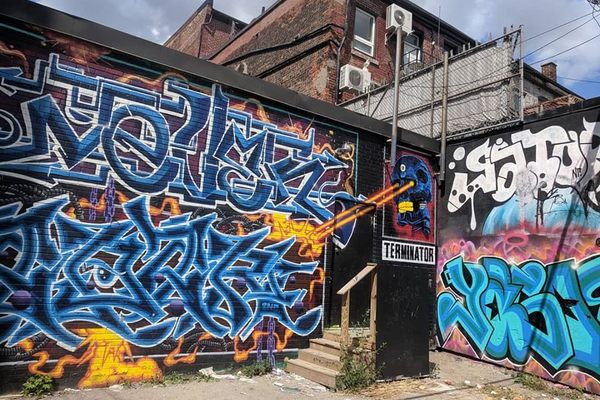

Follow us on Twitter to get the latest on the world's hidden wonders.
Like us on Facebook to get the latest on the world's hidden wonders.
Follow us on Twitter Like us on Facebook